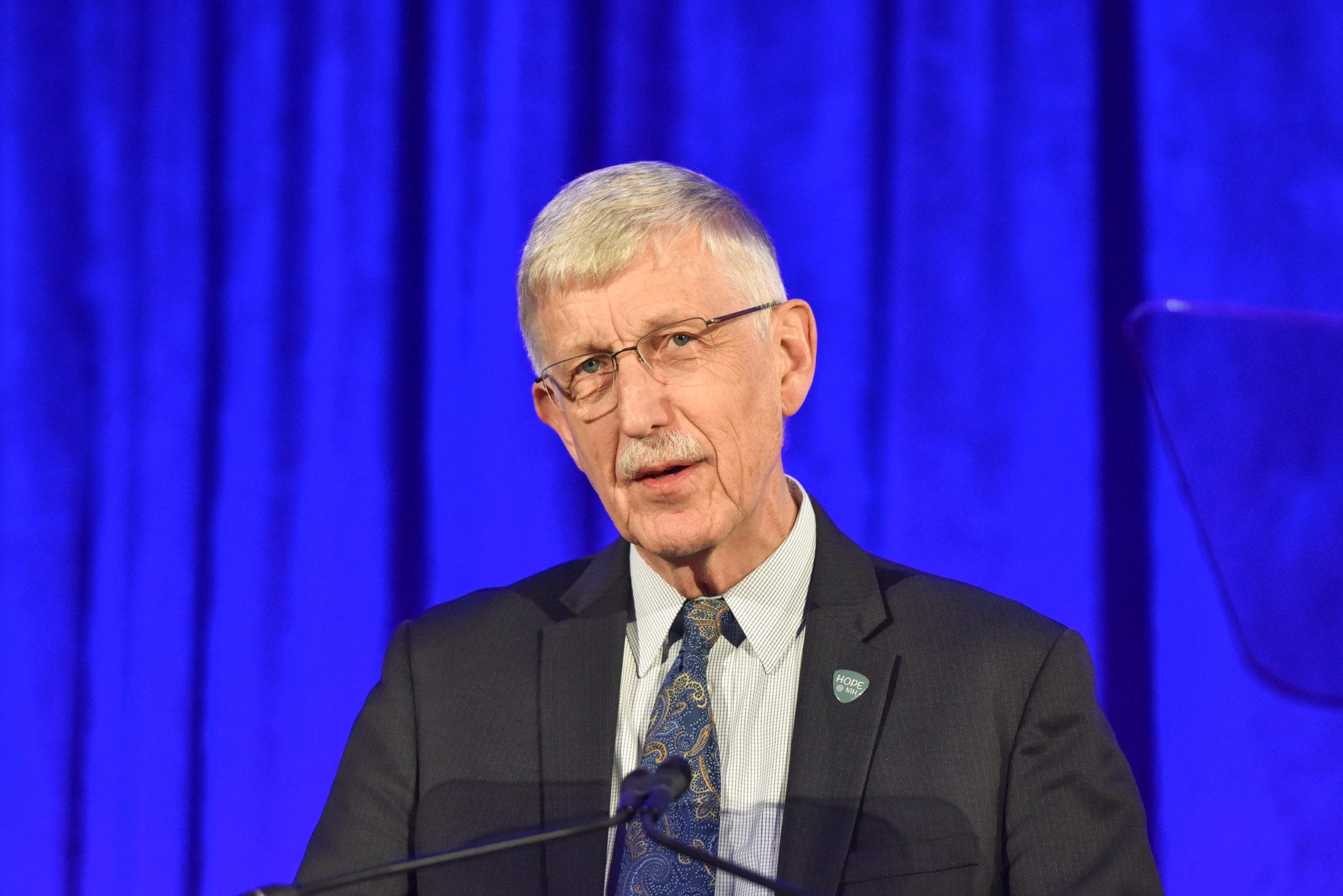
'Dramatic times': How did an $8B surge in NIH grants over five years change research on the ground (if at all)?
Ebola. Sickle cell disease. Spinal muscular atrophy. Cystic fibrosis.
Behind each disease was a medical breakthrough that Francis Collins highlighted at the congressional hearing on the president’s 2021 NIH budget request, a yearly opportunity to update lawmakers on his agency’s progress and priorities. Thanks to three decades of research that dates in part back to his own NIH-backed work at the University of Michigan, for instance, the US has ushered in its first triple therapy for cystic fibrosis last year.
“These are dramatic times for NIH research,” the director concluded.
Bolstering the burst in new scientific discovery and therapeutic development has been an impressive growth in NIH funding. President Donald Trump may be proposing to cut its budget down 7% next year, but over the past five years it has increased by $11.6 billion, or 39%, according to Rep Rosa DeLauro, chair of the House Appropriations subcommittee on Labor, Health & Human Services and Education. That has translated to a $8 billion boost to the total amount of grants awarded between 2014 and 2019, per NIH disclosure.
“The steady increases you have provided have brought new life to biomedical research and built the foundation for us to take on new and unexpected challenges,” Collins said, “challenges like the one that’s on everyone’s mind right now: the global coronavirus outbreak.”
What does this new life look like on the ground? Endpoints News spoke to researchers, administrators and advocates, who pointed to different metrics that either measure output or the environment that scientists find themselves working in. The conversations suggest while the increases — which followed years of stagnation — did pump more resources into translatioal research, they didn’t quite solve the challenges basic science still faces.
Sign up to read this article for free.
Get free access to a limited number of articles, plus choose newsletters to get straight to your inbox.